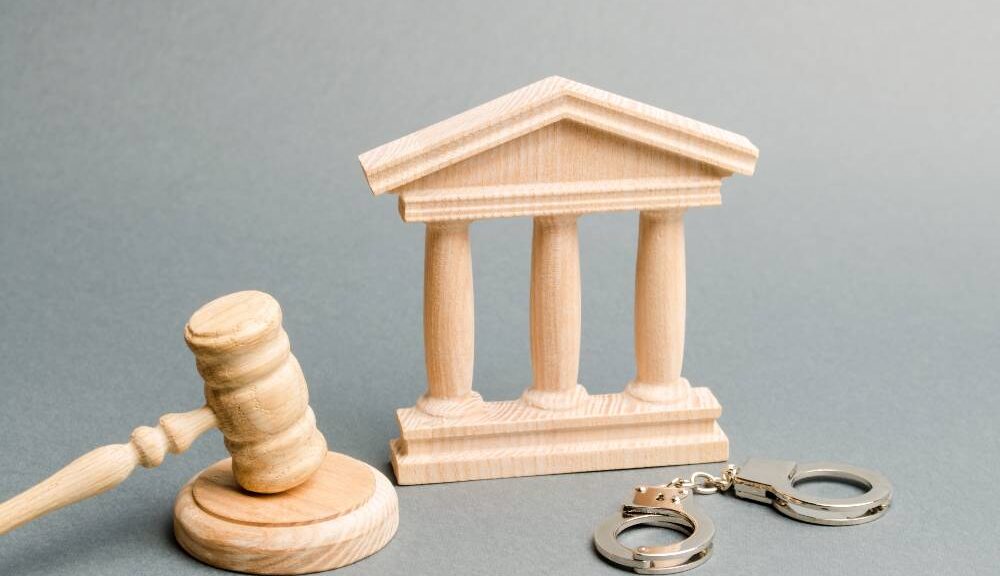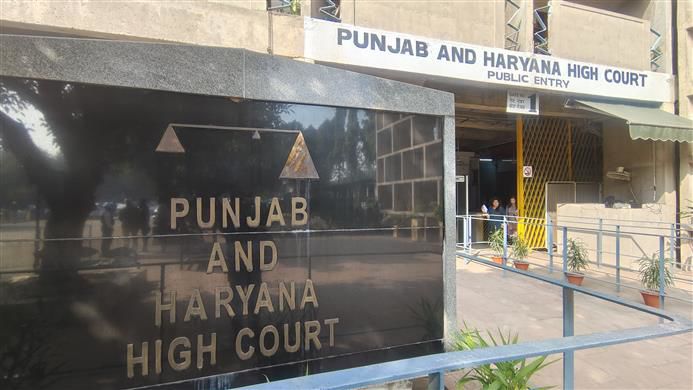
The Public Examinations (Prevention of Unfair Means) Act, 2024: A Flawed Approach to Preventing Paper Leaks
Last Updated on July 4, 2024 by News Desk
The Central government’s enactment of the Public Examinations (Prevention of Unfair Means) Act, 2024, aims to curb paper leaks through stringent penalties. This law introduces harsh sentences, including a minimum three-year jail term for general offenders and up to ten years for those in managerial roles at service providers involved in the examinations. While this legislation has been welcomed, its effectiveness and underlying motivations are questioned.
Enacting laws with severe punishments does not inherently prevent crime. Effective crime mitigation involves proactive strategies and systemic reforms, supplemented by punitive measures. Deterrence theory, which relies on harsh penalties to dissuade potential offenders, may not be effective against those deeply involved in organized crime.
The new law focuses solely on punitive measures, neglecting the root causes of paper leaks. Historical evidence shows that states like Rajasthan and Uttar Pradesh, despite having similar laws, continue to experience frequent paper leaks. This indicates that punitive laws alone do not suffice. Effective crime prevention requires robust monitoring, oversight, and systemic solutions.
Deterrence theory’s effectiveness is questionable in this context. Arthur Koestler’s “Reflections on Hanging” illustrates that severe punishments do not deter hardened criminals. For those engaged in organized paper leaks, the potential profits outweigh the fear of punishment. Effective deterrence requires the certainty of being caught, swift administration of punishment, and severe consequences. However, the new law lacks these components, reducing its potential to deter organized crime.
The Public Examinations (Prevention of Unfair Means) Act, 2024, falls short of addressing the systemic issues underlying paper leaks. While punitive measures have their place, they must be part of a comprehensive strategy that includes robust enforcement and systemic reforms. The current law’s emphasis on punishment without preventive measures raises doubts about its efficacy. To truly safeguard the integrity of public examinations, the government must focus on preventing crime rather than merely punishing it.
Written by — Athi Venkatesh AVD





